18 foods you should never store in the freezer
Keep these 18 foods out of the freezer
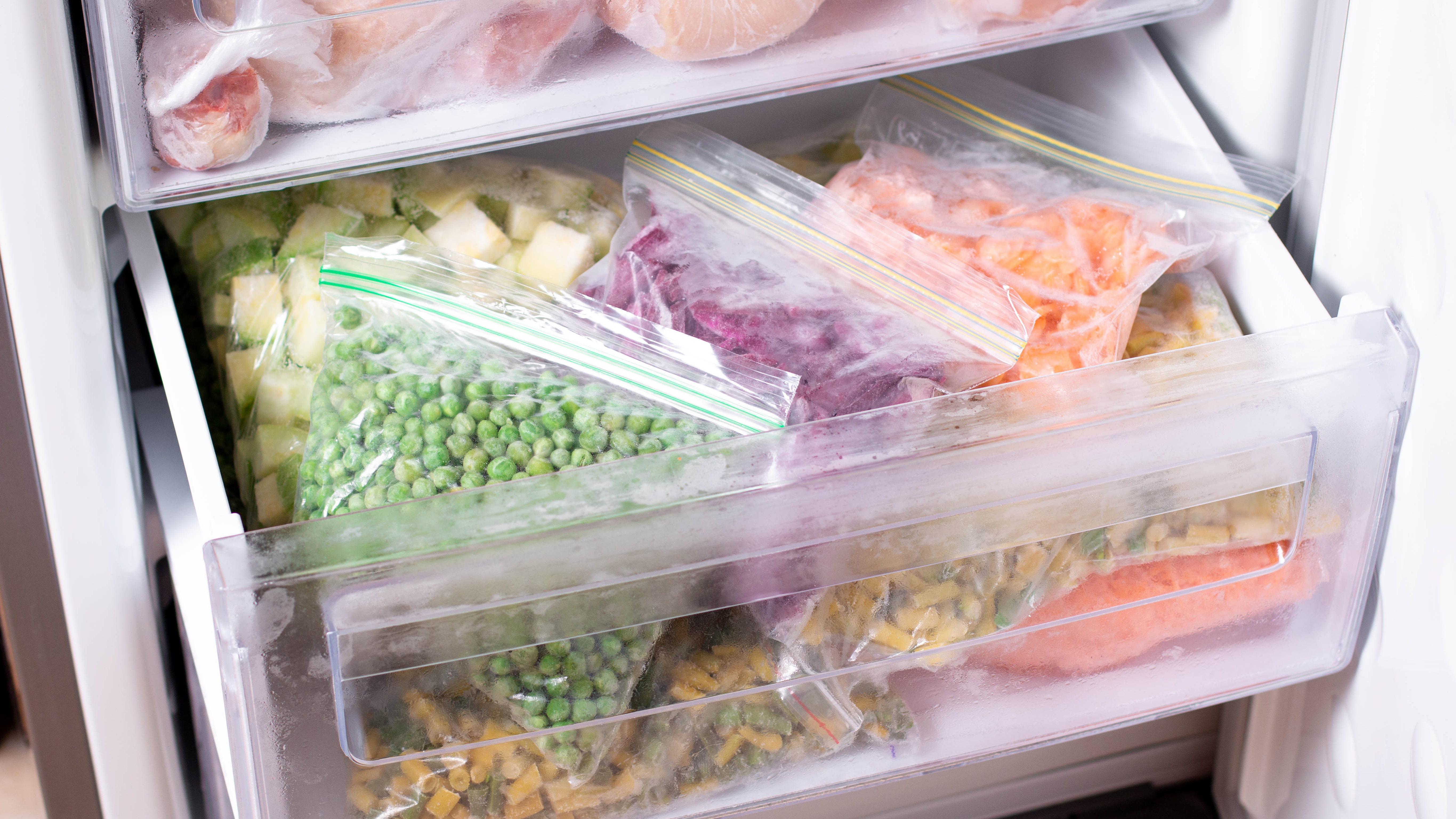
Here at Tom’s Guide our expert editors are committed to bringing you the best news, reviews and guides to help you stay informed and ahead of the curve!
You are now subscribed
Your newsletter sign-up was successful
Want to add more newsletters?

Daily (Mon-Sun)
Tom's Guide Daily
Sign up to get the latest updates on all of your favorite content! From cutting-edge tech news and the hottest streaming buzz to unbeatable deals on the best products and in-depth reviews, we’ve got you covered.

Weekly on Thursday
Tom's AI Guide
Be AI savvy with your weekly newsletter summing up all the biggest AI news you need to know. Plus, analysis from our AI editor and tips on how to use the latest AI tools!

Weekly on Friday
Tom's iGuide
Unlock the vast world of Apple news straight to your inbox. With coverage on everything from exciting product launches to essential software updates, this is your go-to source for the latest updates on all the best Apple content.

Weekly on Monday
Tom's Streaming Guide
Our weekly newsletter is expertly crafted to immerse you in the world of streaming. Stay updated on the latest releases and our top recommendations across your favorite streaming platforms.
Join the club
Get full access to premium articles, exclusive features and a growing list of member rewards.
With one of the best refrigerators, you’ve got ample room to store all of your leftovers. The freezer, in particular, can act as a last resort for food which is approaching its expiration date. After all, when kept at a constant temperature of 0°F (-18°C), food can last indefinitely, although the quality will likely degrade over time. Check out our guide on how long will food last in your freezer for more info on this.
While it may seem like the freezer is the answer to all of your food storage needs — take care not to overfill your freezer — there are items which should never be stored in there. For some, the quality will suffer, while for others it can actually lead to contamination. If you want to know what foods we’re talking about, we’ve listed 18 of them here. These are each a no-go for the freezer for their own reasons.
1. Eggs
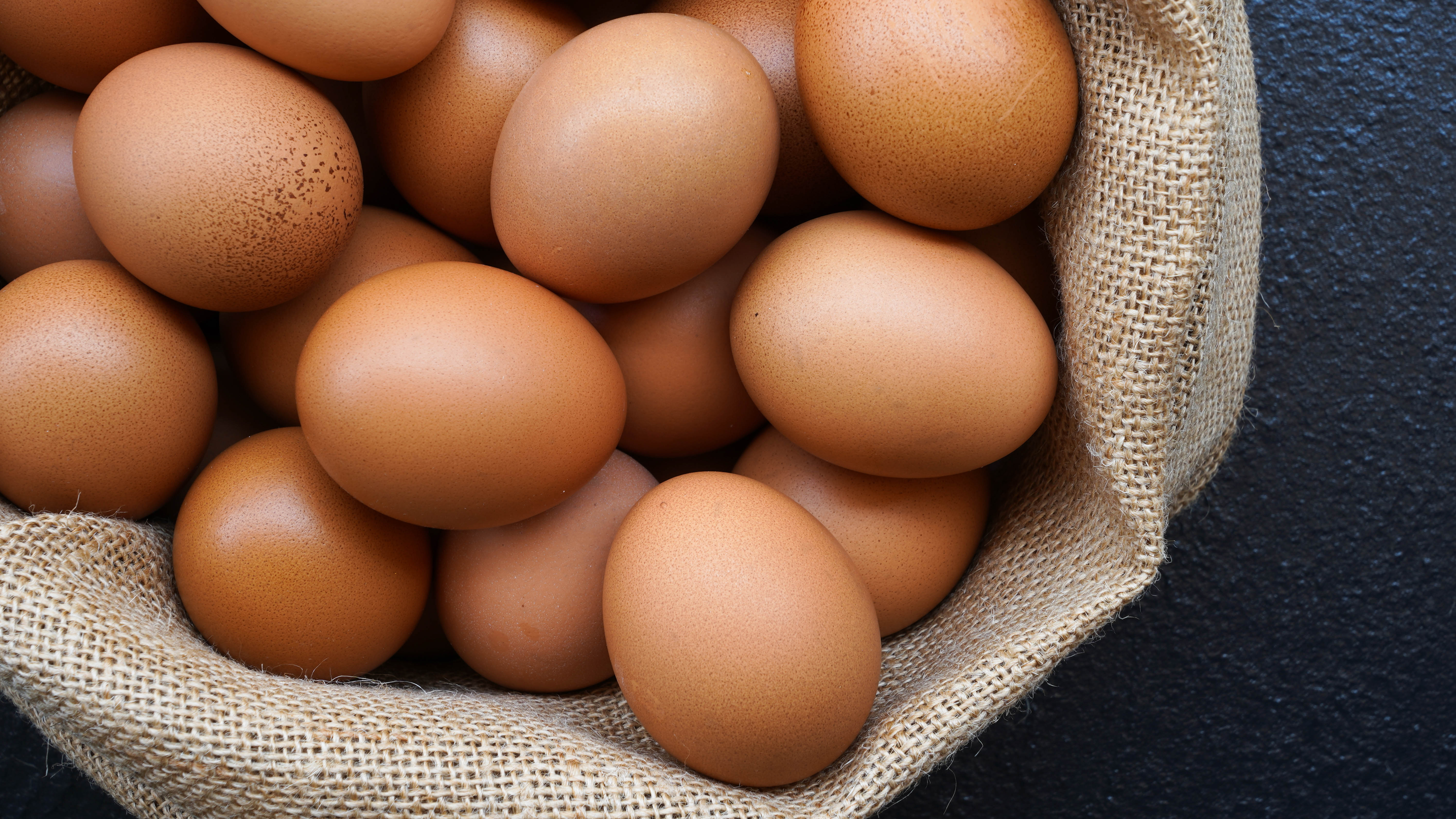
You definitely don’t want to find shelled eggs in the freezer. This is because the liquid inside actually expands when it's frozen, causing the shell to crack open from the inside. Consequently, the egg is at risk of contamination because it’s now exposed.
If you want to freeze your eggs, simply remove the shell and beat them before storing in an airtight container or a freezer storage bag.
Ever wondered if you should keep eggs in the refrigerator? The answer might surprise you.
2. Milk
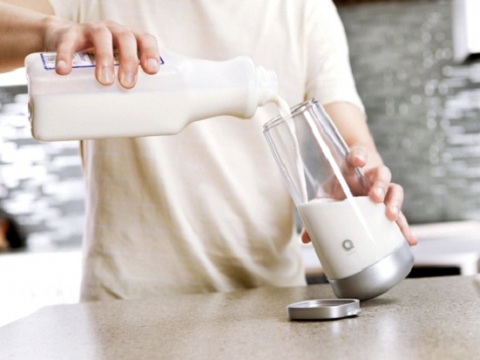
If you buy multiple cartons of milk at a time, it can be all too tempting to store some away in the freezer. However, we wouldn’t recommend this — milk which has been frozen tends to separate and clump as it’s thawed, especially if it’s high in fat.
There’s no harm in drinking it, but it won’t have the best texture for your morning cup of Joe. It is, however, ideal for cooking with, so there are exceptions with this one. Freezing low-fat milk will be less clumpy, if you must freeze it.
Get instant access to breaking news, the hottest reviews, great deals and helpful tips.
3. Cheese
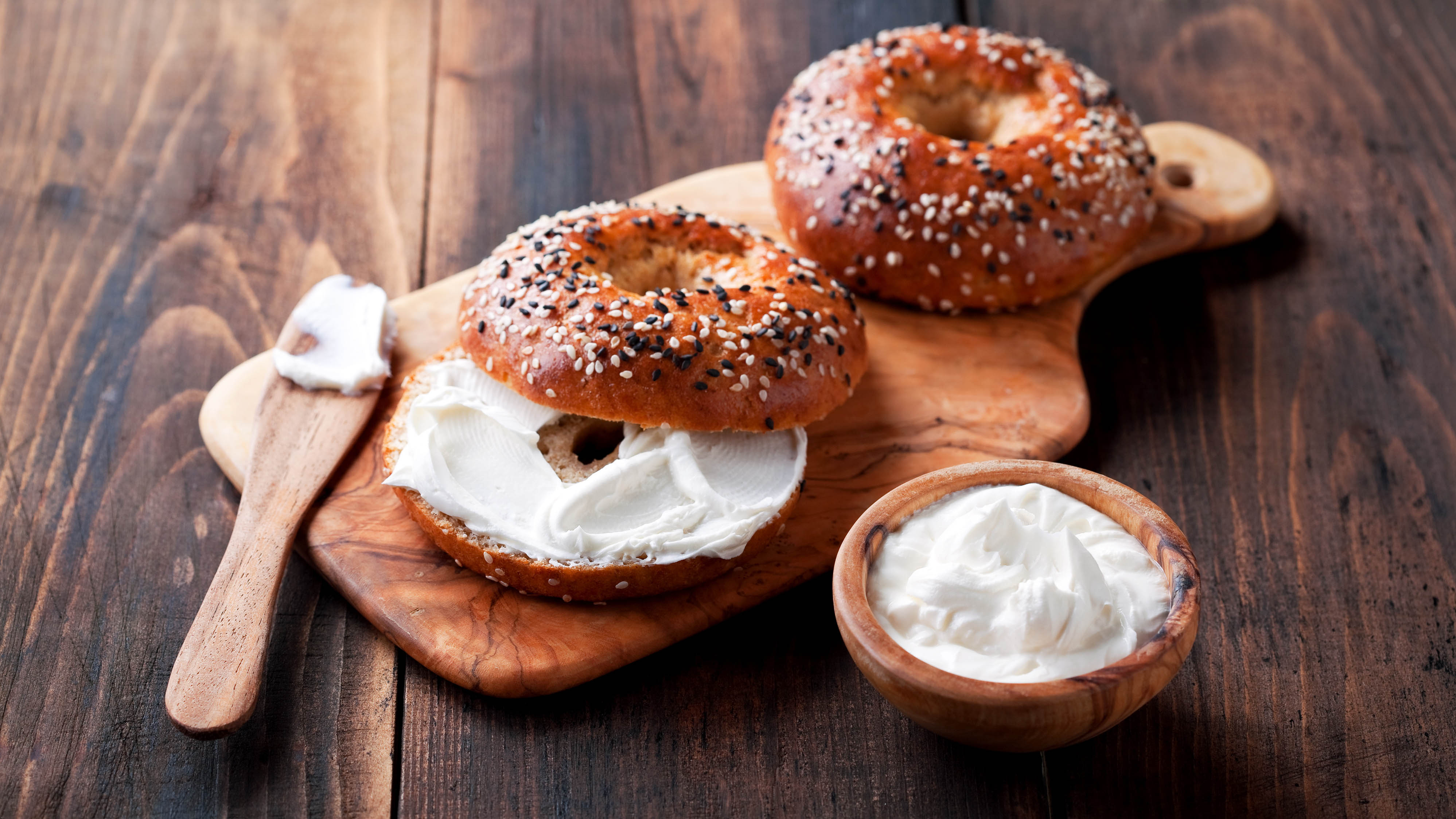
Cheese is another dairy product you’ll want to keep out of the freezer. Much like milk, freezing it can change its consistency, so the texture ends up dry, crumbly and overall unappealing to eat.
Soft cheeses in particular, like cream cheese or cottage cheese, struggle in the freezer for the same reason as milk — it can clump. However, you can still use it in your baking recipes with little difference.
4. Cans of food
Cans of food should never go in the freezer. This is because the liquid inside can expand to the point where it breaks the seal, leaving it open to bacteria and contamination, much like shelled eggs.
You can still freeze your canned goods though. Simply remove what’s inside first and store it in a suitable container prior to freezing.
5. Defrosted meat
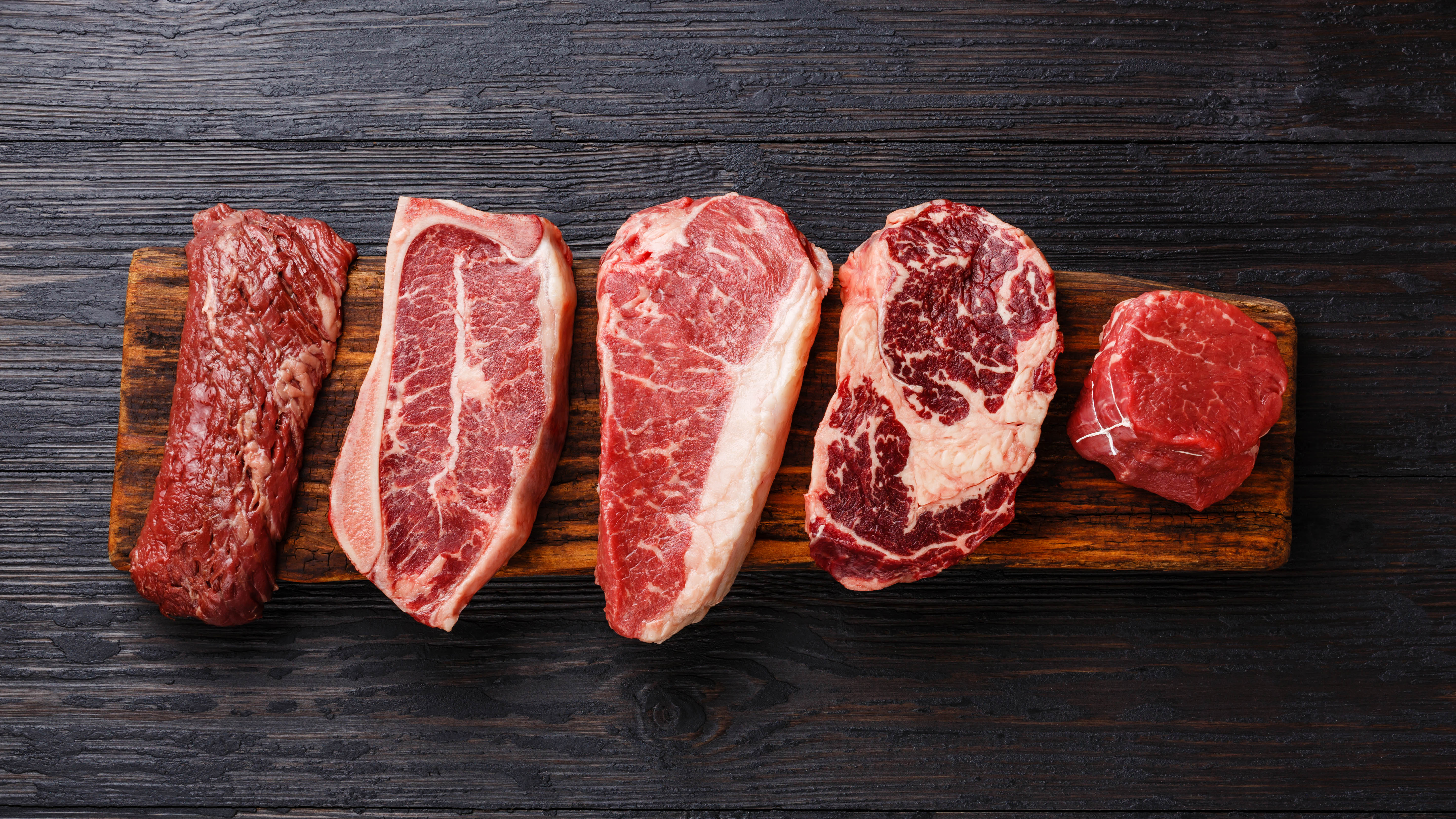
If you’ve already defrosted meat once before, it’s not a good idea to put it back in the freezer a second time. While the U.S. Department of Agriculture advises that ‘Once food is thawed in the refrigerator, it is safe to refreeze it without cooking,’ meat will lose a lot of its moisture as it thaws, which can ruin the texture if it’s re-frozen. Try to only remove as much meat from the freezer as you intend to eat to avoid this problem.
6. Mayonnaise
Keep the mayo out of the freezer as well. While your favorite sauce may look as good as new in the freezer, it will separate when it thaws, leading to a thick, curdled mess. It’s perfectly safe to eat, but the consistency won’t be particularly appetizing.
If you’ve found a jar of mayo in the freezer and you just can’t throw it away, there’s always the option of combining the ingredients once again using an electric hand mixer. Just bear in mind you might need to add some extra water, which could thin it out.
7. Fruits and vegetables high in water
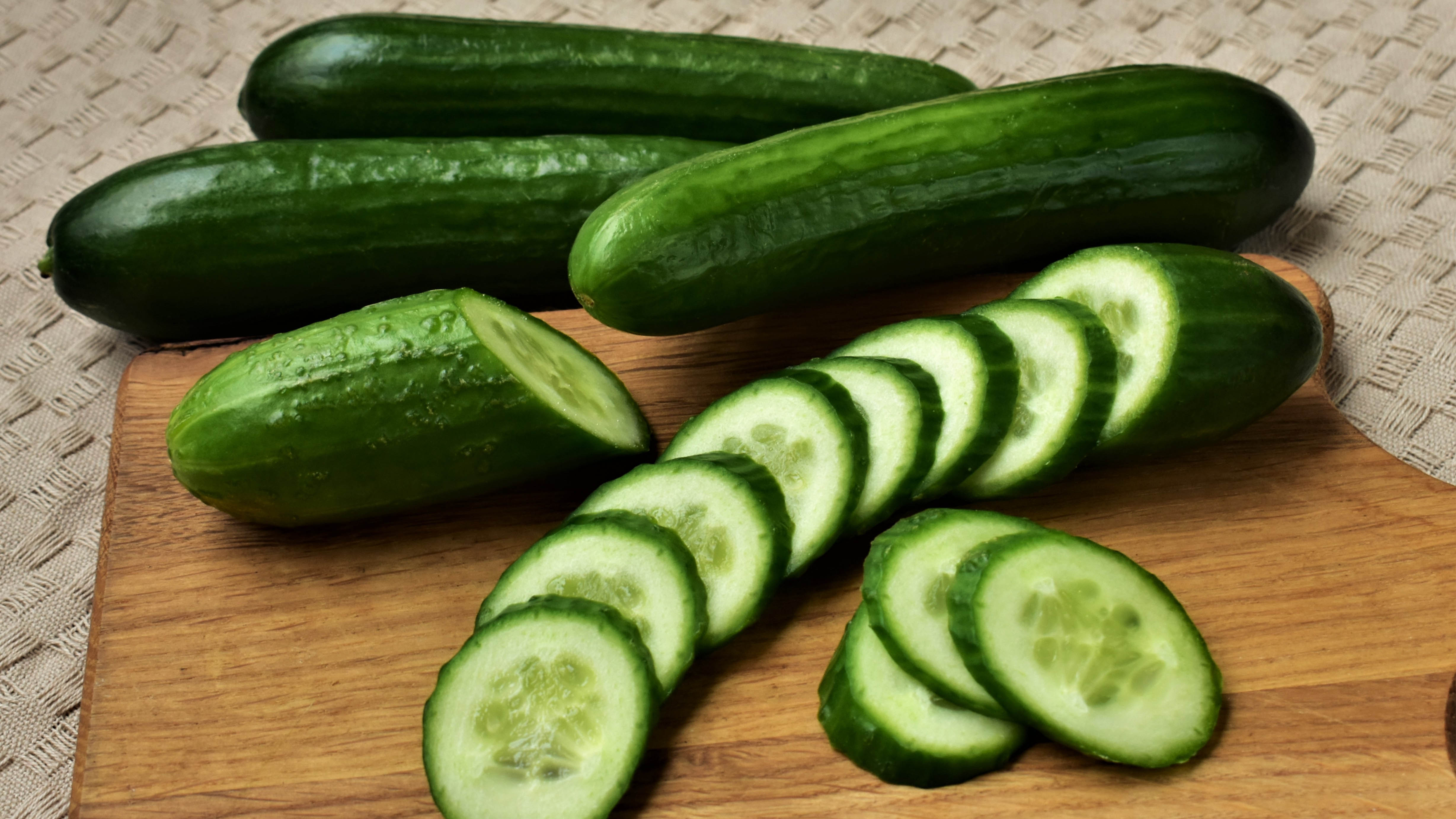
Any fruit and vegetable which contains a lot of water — such as cucumber, melon or lettuce — should steer clear of the freezer. This is because the water content will turn to ice as it’s frozen and then thaw as it defrosts, which leads to soggy food. And a cucumber which has lost its crunch just doesn’t sound appealing.
8. Fried foods
Unfortunately, fried foods are a no-go for the freezer as well. As soon as they thaw, that delicious crunch will be lost and you will be left with a soggy shadow of your onion rings.
Avoid this cooking method if you want to store the excess in the freezer, and stick to using the oven. That way you can freeze your leftovers knowing they will be just as delicious when you defrost them.
9. Pasta
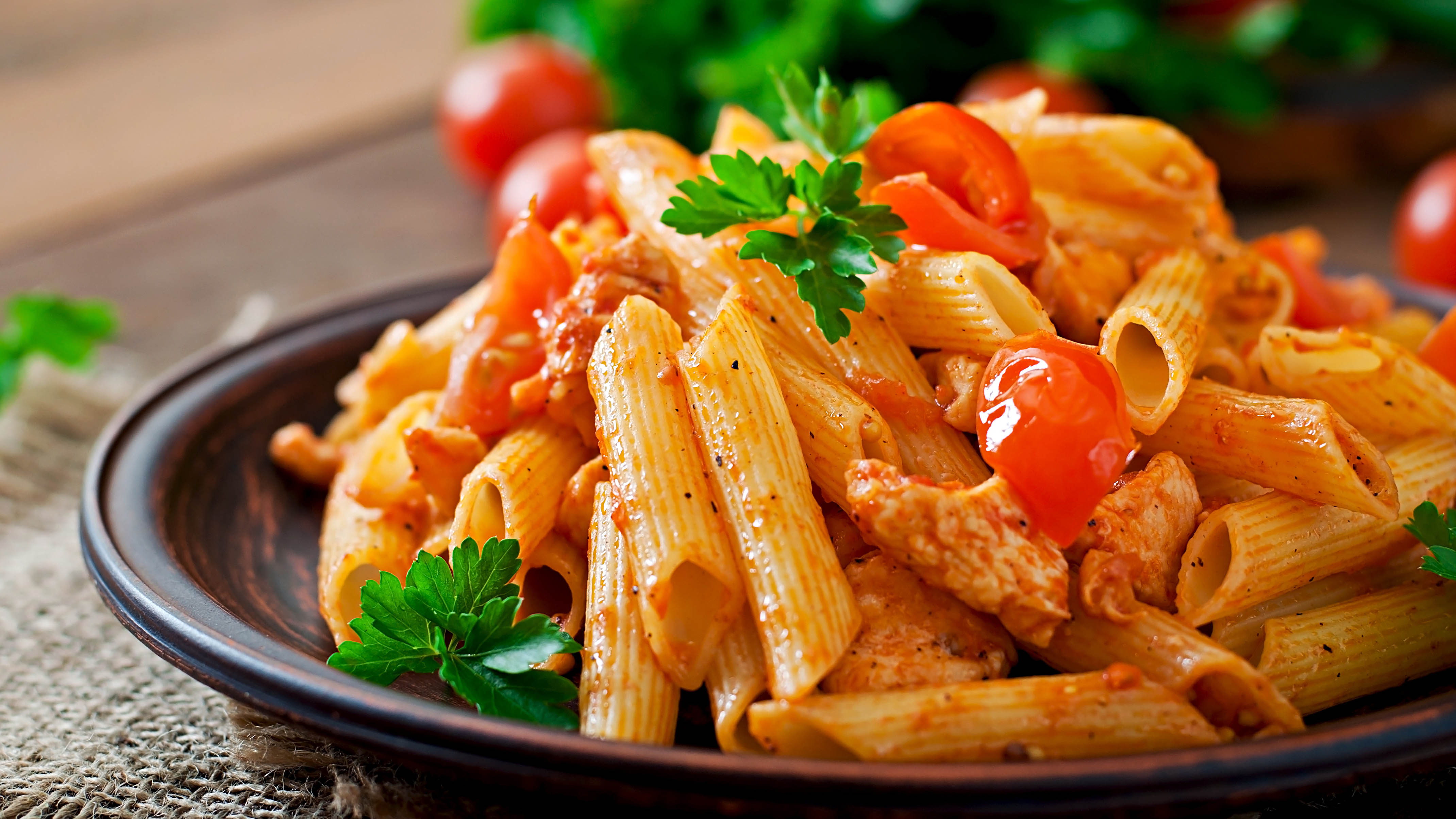
Try to keep cooked pasta out of your freezer. While it won’t kill you to eat it, it won’t be particularly appetizing — cooked pasta will turn into a mushy and soggy mess as it defrosts. If you thought it was tricky to keep on your fork before, you have no idea.
If you must freeze pasta, you can try cooking it al dente (still firm and slightly undercooked) before freezing, which should give you better results.
10. Rice
Cooked rice goes hand-in-hand with pasta. As it thaws it becomes a mushy and unappetizing side dish. It won’t hurt you to eat it, much like pasta, but you might struggle considering the unappealing consistency.
Uncooked rice, on the other hand, is fine for the freezer, and doing so will extend its shelf life effectively.
11. Potatoes
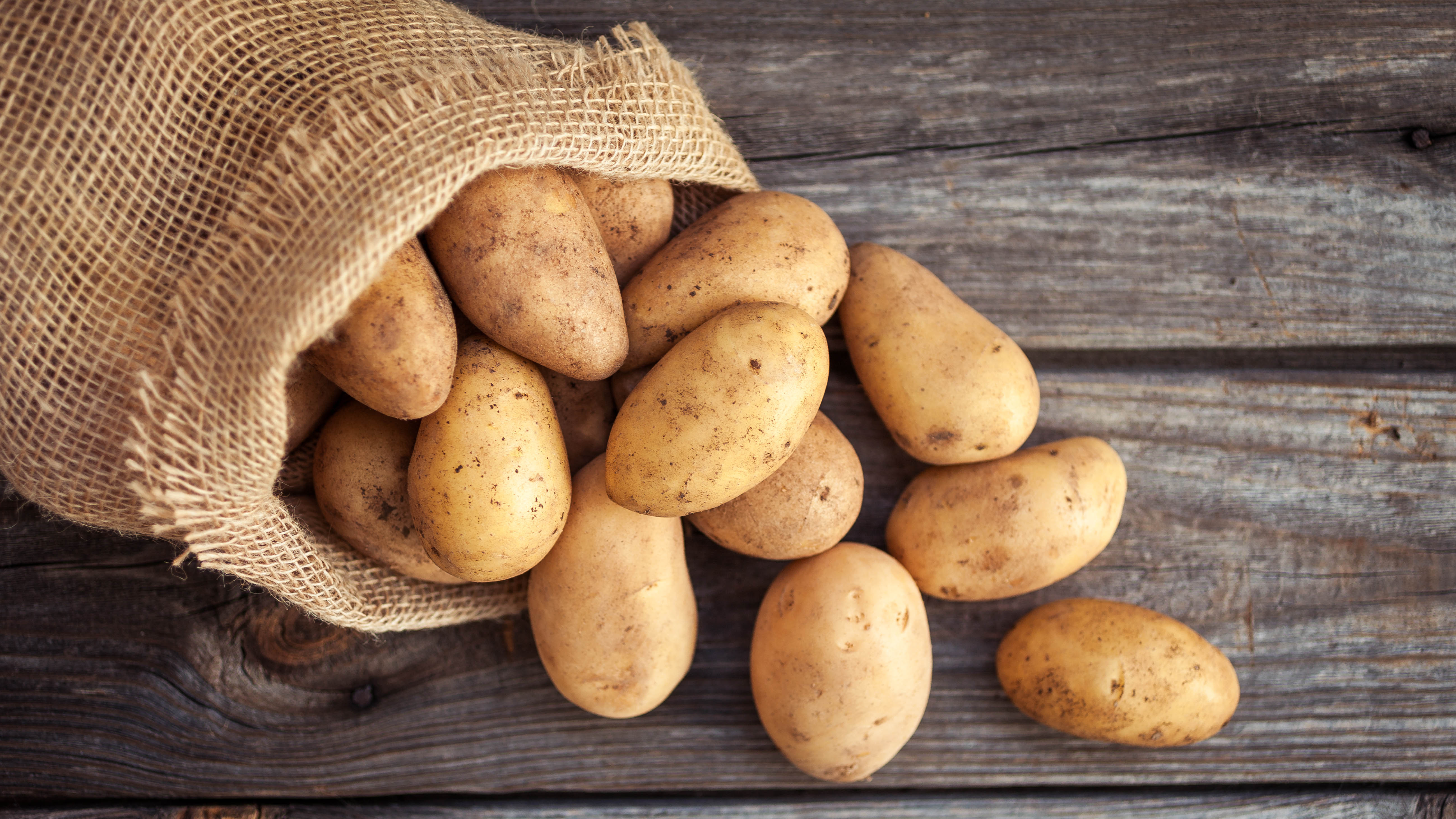
Potatoes get a separate mention because it’s such an everyday ingredient. As you will have guessed, raw potatoes should not be kept in the freezer. This is because these contain a fair amount of water, so thawing one will result in a mushy, grainy texture.
On the flip side, cooked potatoes are good to go in the freezer. Just remember to store them in airtight containers or freezer storage bags.
12. Gravy and thick sauces
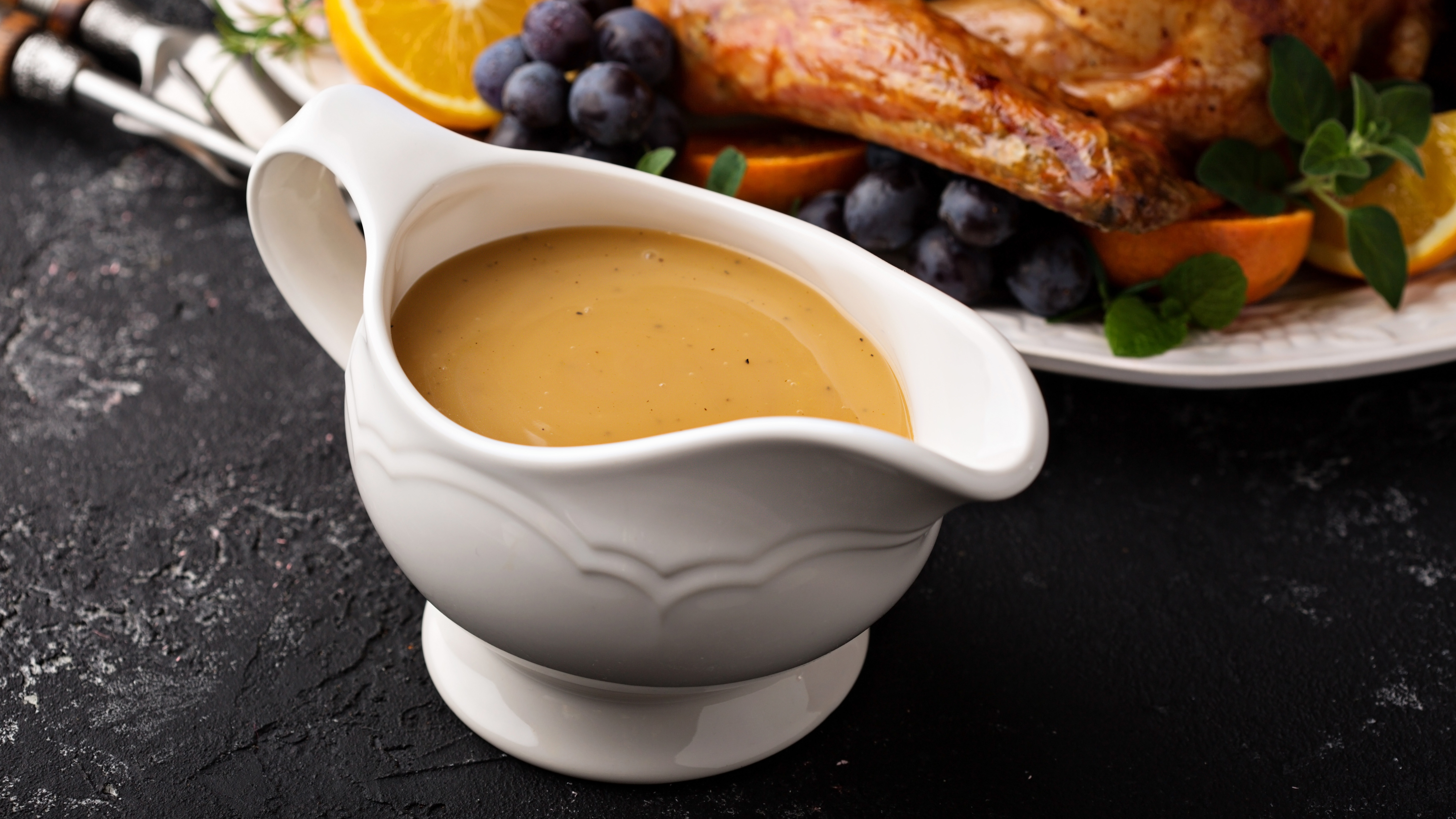
Any thick sauces, such as milk or cream-based gravy or sauces which contain cornstarch, should be avoided in the freezer. The ingredients will separate as the sauce thaws, resulting in a gross, lumpy mess.
If you can’t face wasting gravy in the future, you can always make up a flour-based gravy instead — it should keep for up to four months in the freezer.
13. Frosting
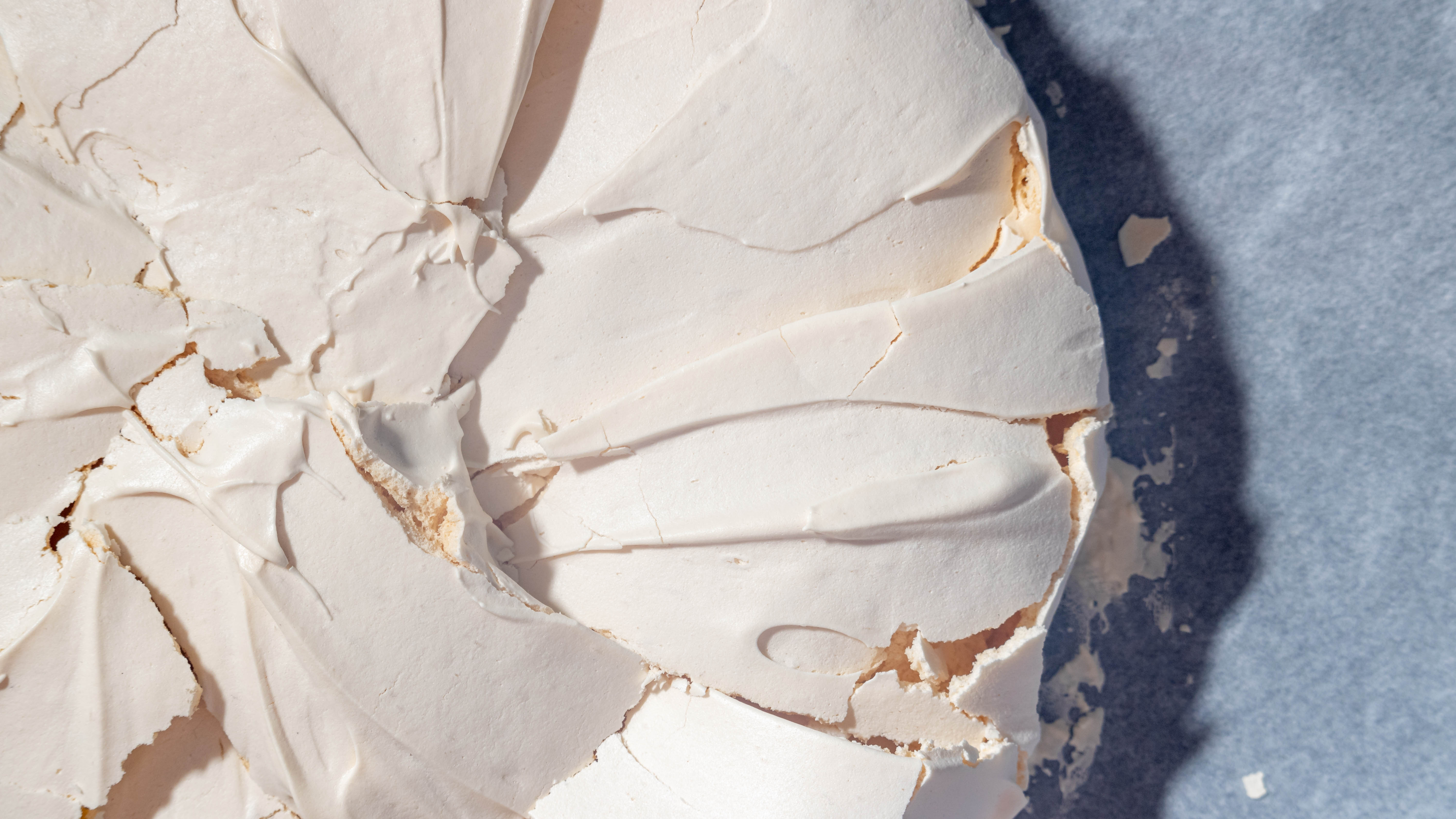
If you’ve got something with delicate frosting or a meringue finish, steer clear of the freezer. As egg whites defrost, they lose structure and moisture, which will not only ruin the appearance, but give it a chewy texture.
14. Anything creamy
As you’ve already seen in the list so far, anything which contains cream tends to separate as it defrosts, resulting in an unappealing mess. This applies to other items you might be tempted to freeze as well, be it yogurt, custard or sour cream.
15. Grapes
Unless you intend to eat frozen grapes as a snack on a summer’s day, it’s not advisable to store fresh grapes in the freezer. Once you freeze them, and allow them to defrost, these end up as unappealing, soggy clumps.
The excess water content will change the texture and more importantly, the taste of your sweet grapes.
16. Fresh herbs

If you want to preserve aromatic herbs, never store these in the freezer. Fresh bunches will not retain their color or appearance, and will only turn into brown mushy messes once thawed. Instead, opt for frozen herbs that are specifically made for freezer storage.
17. Shellfish
Shellfish is another food type which has stipulations for storing in the freezer, especially once it’s previously been thawed. Shellfish, such as shrimp, lobster and prawns, can quickly develop bacteria when left at room temperature for as little as an hour, particularly where temperatures are 90°F or greater. So re-freezing and eating fish in these conditions can ultimately lead to food poisoning.
You can refreeze thawed fish within a few days, but it must be kept at a refrigerated temperature in the interim and not left out for longer than an hour. Always take care when storing and cooking shellfish to avoid illness. When freezing fish, place it in a zip-lock freezer bag and remove as much air as you can, sealing it to prevent freezer burn — vacuum-sealing can be a useful method here.
18. Coffee beans
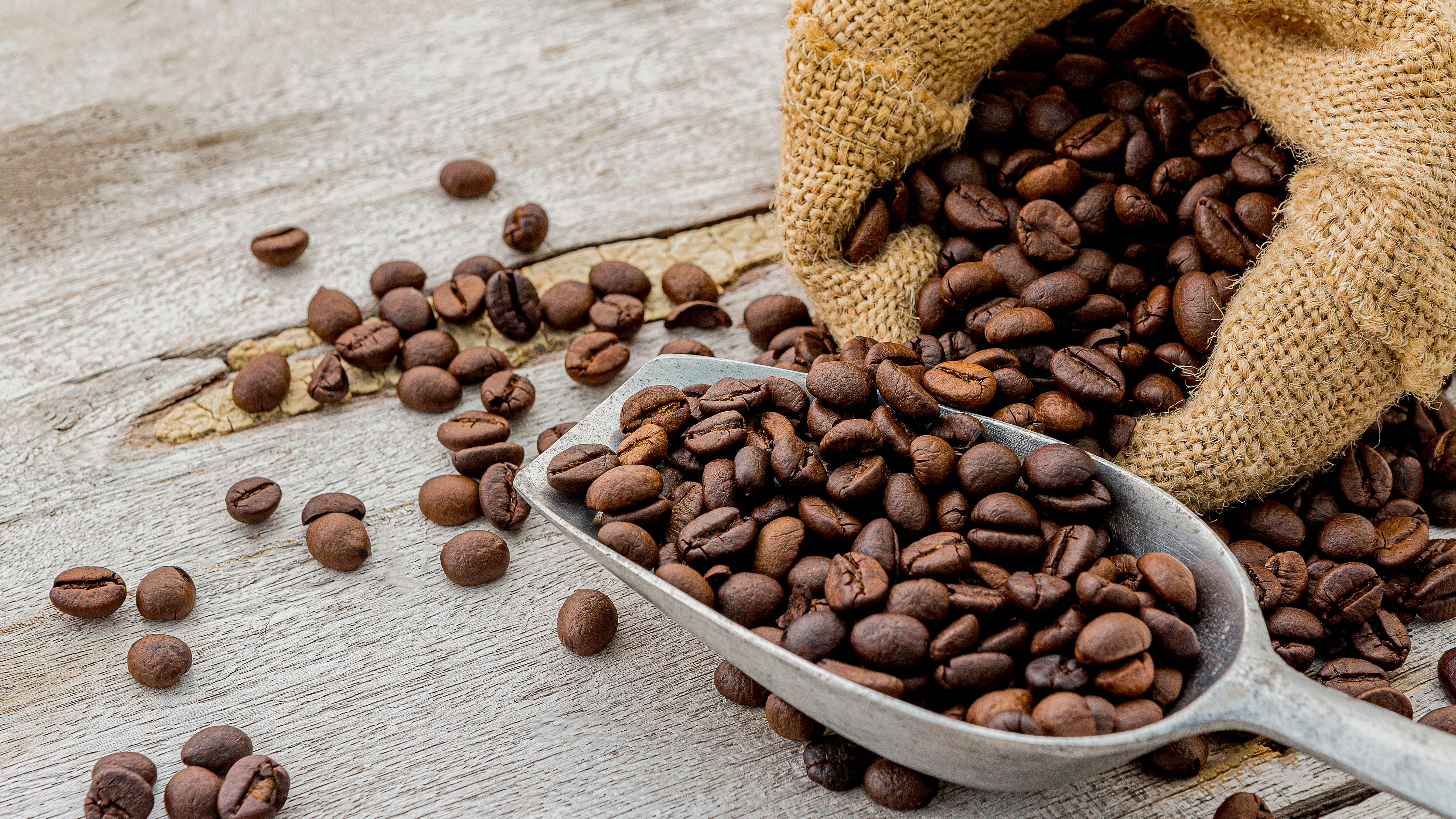
There’s mixed opinions when it comes to storing coffee in the freezer. Generally speaking, freezing coffee beans is perfectly fine, so long as they're sealed properly in an effective airtight container. If the beans are subjected to the air in the freezer, they can absorb moisture from the environment as well as any lingering smells, ultimately impacting the flavor. So, once the packaging is opened, you need to take extra steps to limit the air exposed to the beans, with containers such as this M MCIRCO Meal Prep Containers ($39, Amazon).
According to the National Coffee Association, this means you need to be quick when you remove your beans from the freezer as well; “If you choose to freeze your coffee, quickly remove as much as you need for no more than a week at a time, and return the rest to the freezer before any condensation forms on the frozen coffee.” Considering you should use coffee as quickly as possible once opened to keep the quality, we recommend storing it in the freezer for no longer than a month at a time.
More from Tom's Guide

Katie Mortram used to be a Homes Editor for Tom's Guide, where she oversaw everything from kitchen appliances to gardening tools, as well as smart home tech. Specializing in providing expert advice for cleaning and home manintenance, she now works as Household Advice Editor for Good Housekeeping.
 Club Benefits
Club Benefits










